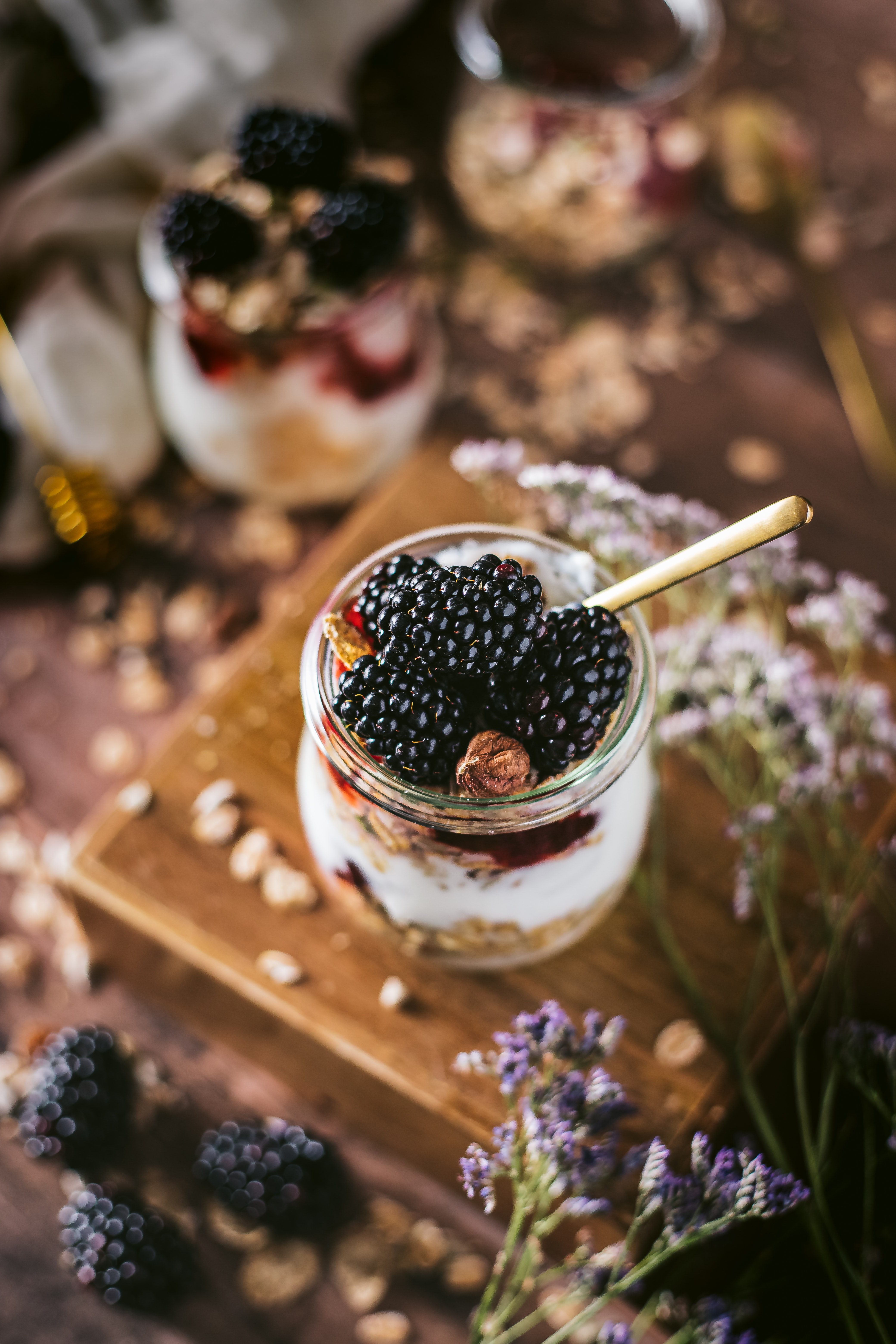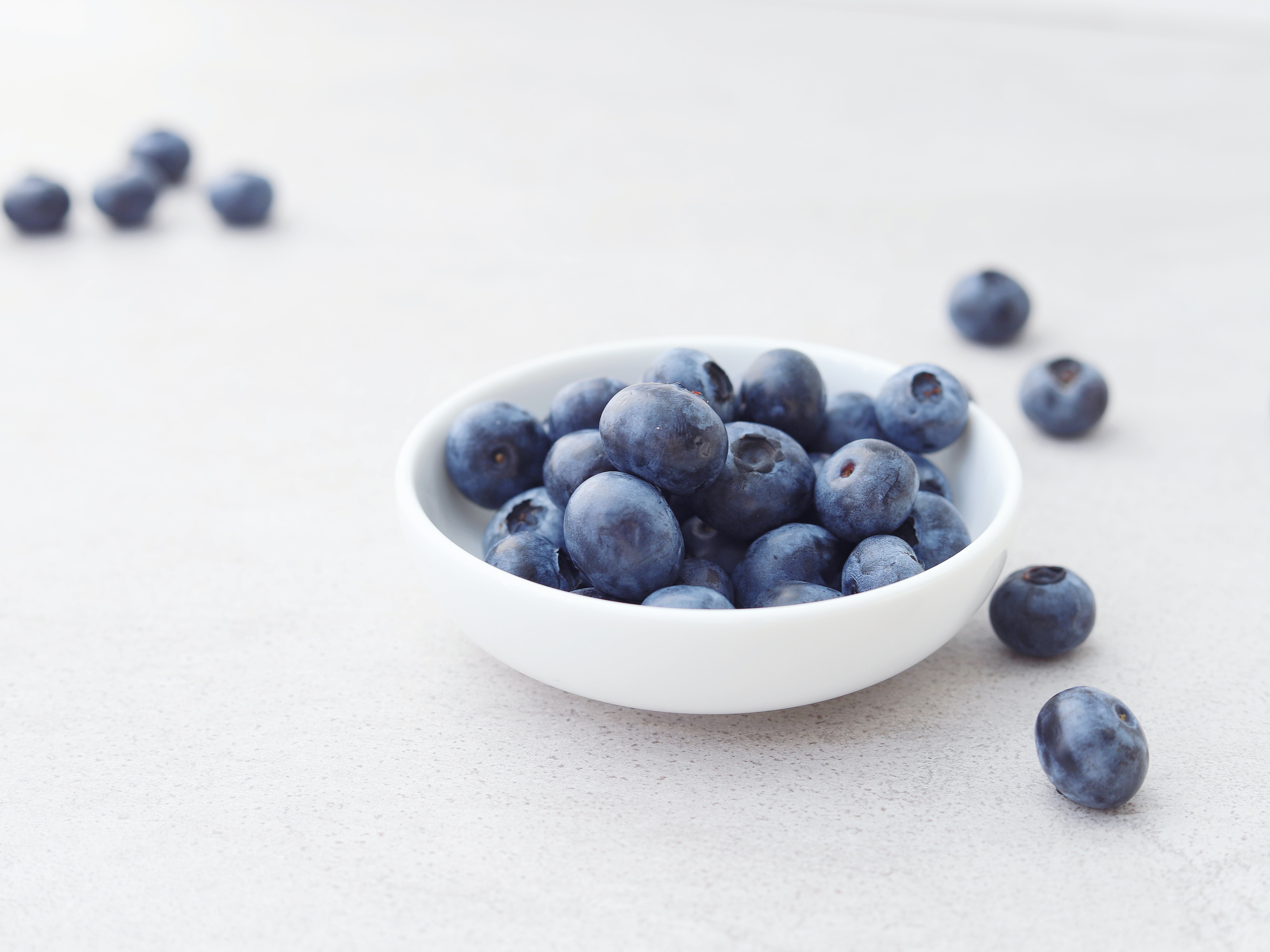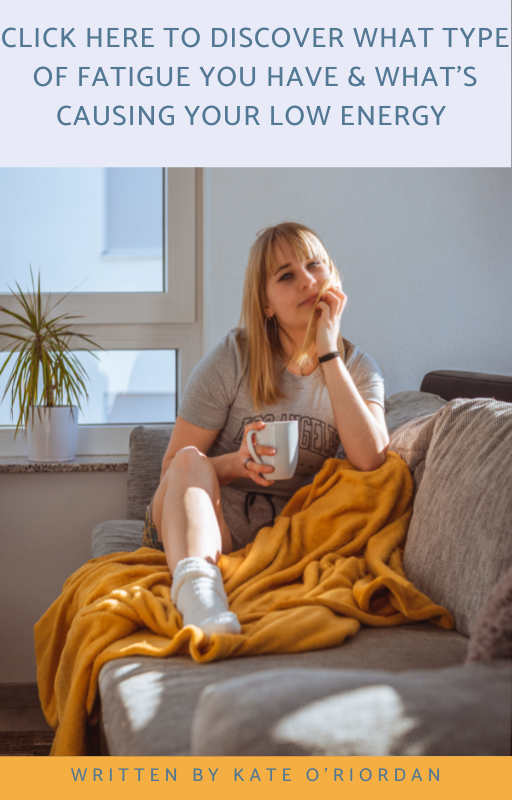The gut-brain connection. If there was ever a call for “digestive health,” this is it!
Yes, it’s true. The gut is considered the “second brain.”
There is no denying it any more.
And because of the new scientific discoveries about the vagus nerve, the enteric nervous system, and the amazing influence your gut microbes can have, it’s no wonder what you eat feeds not only your body but can directly affect your brain.
I find it amazing (but not too surprising).
What exactly is the gut-brain connection?
Well, the gut-brain connection is very complex, and to be honest, we’re still learning lots about it!
There seem to be multiple things working together. Things like:
- The vagus nerve that links the gut directly to the brain;
- The “enteric nervous system” (A.K.A. “second brain) that helps the complex intricacies of digestion flow with little to no involvement from the actual brain;
- The massive amount of neurotransmitters produced by the gut;
- The huge part of the immune system that is in the gut, but can travel throughout the body; and,
- The interactions and messages sent by the gut microbes.
This is complex. And amazing, if you ask me.
I’ll briefly touch on these areas, and end off with a delicious recipe (of course!)
The vagus nerve
There is a nerve that runs directly from the gut to the brain.
And after reading this so far, you’ll probably get a sense of which direction 90% of the transmission is…
Not from your brain to your gut (which is what we used to think), but from your gut up to your brain!
The enteric nervous system and neurotransmitters
Would you believe me if I told you that the gut has more nerves than your spinal cord?
I knew you would!
And that’s why it’s referred to as the “second brain.”
And, if you think about it, controlling the complex process of digestion (i.e. digestive enzymes, absorption of nutrients, the flow of food, etc.) should probably be done pretty “smartly”…don’t you think?
And guess how these nerves speak to each other, and to other cells? By chemical messengers called “neurotransmitters.”
In fact, many of the neurotransmitters that have a strong effect on our mood are made in the gut! e.g. a whopping 95% of serotonin is made in your gut, not in your brain!
The immune system of the gut
Because eating and drinking is a huge portal where disease-causing critters can get into your body, it makes total sense that much of our defence system would be located there too, right? 70% of our immune system is in our gut!
And you know that the immune cells can move throughout the entire body and cause inflammation just about anywhere, right?
Well, if they’re “activated” by something in the gut, they can potentially wreak havoc anywhere in the body. Including the potential to cause inflammation in the brain.
Gut microbes
Your friendly neighbourhood gut residents. You have billions of those little guys happily living in your gut. And they do amazing things like help you digest certain foods, make certain vitamins, and even help regulate inflammation!
But more and more evidence is showing that changes in your gut microbiota can impact your mood, and even other, more serious, mental health issues.
How do these all work together for brain health?
The honest answer to how these things all work together and make the gut-brain connection is that we really don’t know just yet. More and more studies are being done to learn more.
But one thing is becoming clear. A healthy gut goes hand-in-hand with a healthy brain!
So, how do you feed your brain?
Of course, a variety of minimally-processed, nutrient-dense foods is required, because no nutrients work alone.
But two things that you many consider eating more of are fibre and omega-3 fats. Fibre (in fruits, veggies, nuts & seeds) help to feed your awesome gut microbes. And omega-3 fats (in fatty fish, walnuts, algae, and seeds like flax, chia, and hemp) are well-know inflammation-lowering brain boosters.
If you’re struggling with brain fog, fatigue and low mood and would like to know more about foods to feed your brain, contact Kate to book a free 15 minute fatigue breakthrough call!
Recipe (Gut food fibre, Brain food omega-3): Blueberry Hemp Overnight Oats
Serves 2
Ingredients
1 cup blueberries (fresh or frozen)
1 cup oats (gluten-free)
1 cup almond milk
1 tablespoon chia seeds
2 tablespoons hemp seeds
½ teaspoon cinnamon
1 banana, sliced
¼ cup chopped walnuts
Instructions
- Blend blueberries in the food processor until smooth.
- Mix blueberries, oats, almond milk, chia seeds, hemp seeds in a bowl with a lid. Let set in fridge overnight.
- Split into two bowls and top with cinnamon, banana, and walnuts.
Serve & enjoy!
Tip: Your gut microbes love to eat the fiber in the blueberries, oats, seeds, and nuts. Meanwhile, your brain loves the omega-3 fats in the seeds and nuts.
References:
Photo by micheile dot com on Unsplash



